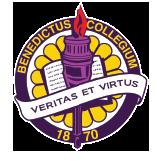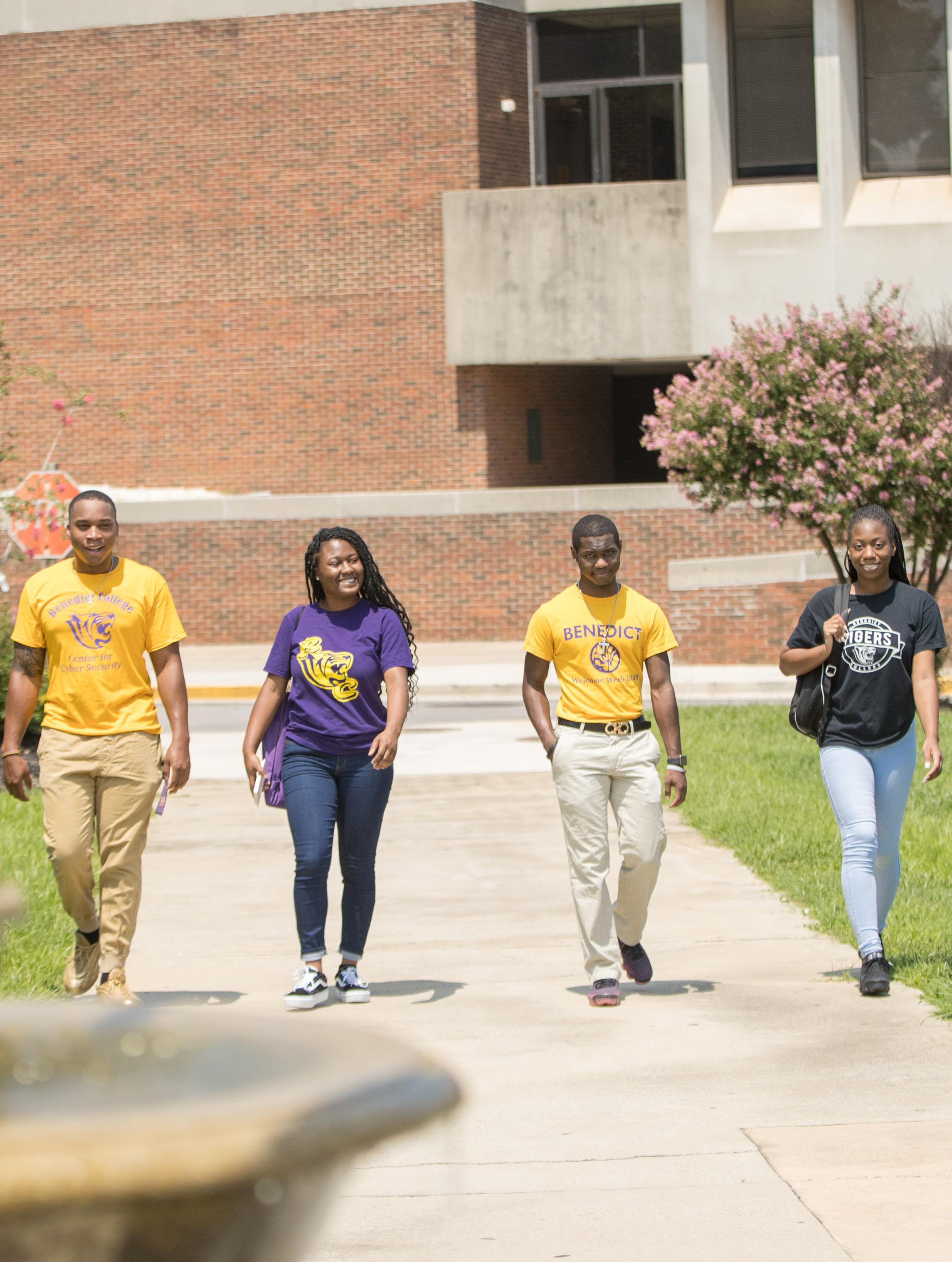

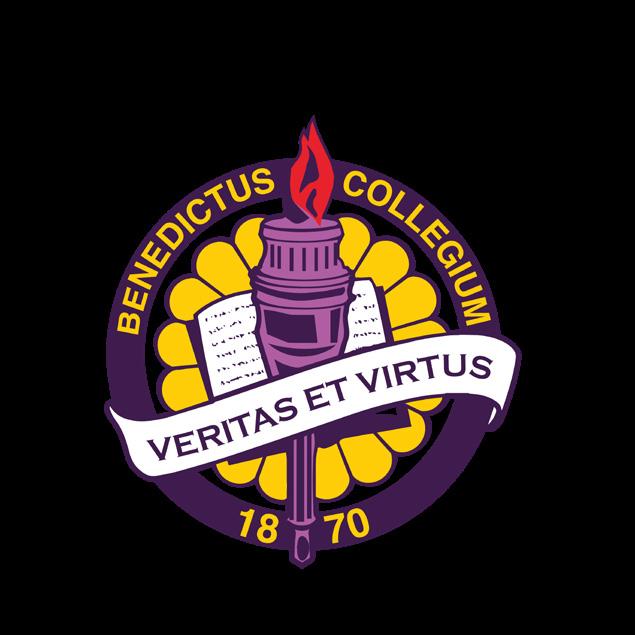




Benedict College is committed to providing transformative learning experiences characterized by high quality academic, co-curricular and extra-curricular programming, intentionally designed to develop superior cultural and professional competencies for a diverse student body.
Benedict College (BC) aspires to be a leader in providing transformative learning experiences for a diverse student body; defined by superior cultural and professional competencies that are nurtured and developed by faculty, staff, and stakeholders who value innovation, customer service, community, and industry engagement.
Benedict College is an institution where each student’s experience in academic, residential, and co-curricular activities should be transformative, and customerservice focused. Benedict’s faculty and staff work in a collaborative, transparent environment where data¬-based decisions are grounded by empathy and compassion.
Benedict College is a place of full-time learning — from the classroom to the playing field, to residence halls and into the community — where the legacy of “BC” as inclusive, pioneering, and “family-oriented” is respected and cherished.

Inclusivity, innovation in technology and enterprise, transformative educational experiences, and commitment to community all merge in a dynamic environment where students receive an education that prepares them to enter the global marketplace with exceptional cultural and professional competencies that empower them to contribute to the sustainability and economic growth of the communities where they live, work, and play.
Benedict College is not only a power for good in society, but Benedict is committed to providing a transformative learning environment, created by highly trained and culturally competent professionals, that empowers all students to realize their highest potential.
Benedict College has strong relationships with its constituents: From students and staff to faculty and alumni to community partners, our mission is inspired by our ideals –empowerment, justice, inclusivity, integrity, justice, and transformation (A Power for Good in Society). What makes Benedict College unique is our commitment to serving all who are desirous of a quality educational experience. What makes us distinct is our connectedness across disciplines and differences. What makes us proud is our alumni who are making a difference. We have historically provided an affordable, safe space where diverse – racially, economically, culturally – students can thrive. This work is carried out by faculty, staff, alumni, and our most precious asset – our students. Together, we have decided our shared core values, or the commitments made by the College community in how we conduct our work. At Benedict College we value:
• Excellence
• Accountability
• Diversity (in people and thought)
• Collaboration
• Professionalism
• Transparency
We are intentional, driven, and ready to expand our bold legacy into the future. We will be an exemplar of innovation and transformation for others to follow.
Three institution-wide goals are fundamental to the College’s mission, vision, and future success:
1. Success of Our Students: Students First
2. Organizational Excellence: #TheBESTofBC
3. Local, State, and National Engagement: Cultivation, Innovation, Execution
BBuild the capacity of our culturally inclusive College community by focusing on outcomes, continuous improvement in undergraduate and graduate education and student experiences.
EEngage students in a supportive environment that promotes personal and professional growth while challenging the College community to think critically about the world in which we live.
SStrategically position Benedict College and our graduates for success by providing necessary support structures that ensure optimal learning, sustain long term academic, social and emotional well-being, and develop industry appropriate and competitive capacity.
TTransform the lives of our students and our community by providing access to enhanced facilities, state-of-the-art technology, revenue generating innovations, and strategic enrollment management and retention strategies, that will promote self-agency, optimal well-being, community engagement, and a service-orientation.

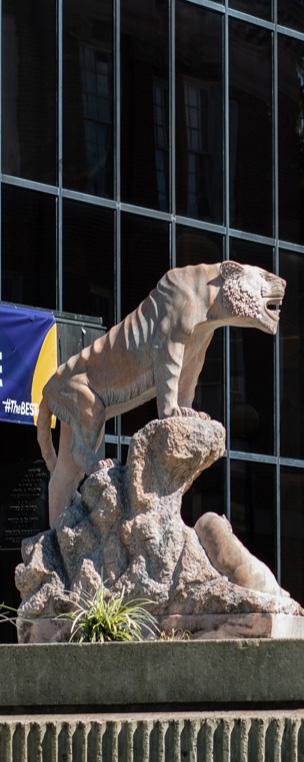
The DNA of Benedict College is what makes all the difference. For more than 152 years, Benedict has served culturally, academically, financially, demographically, racially, and socially diverse people. Our 2023-2028 Strategic Plan, B2: Focus on the F.U.T.U.R.E., is a bold vision, that encourages our community to think beyond disciplines and differences: Not as a set of things to do, but more of a reflection of who we are, and defining what we should be doing; – a document that states what we will do while being an example for other institutions to follow.
Consistent with the expectations of higher education and Benedict College’s mission to develop superior cultural and professional competencies for our diverse students, our approach to identify planning priorities, or the strategic planning process, focuses on three elements: Priorities, Productivity, and Performance. These can be defined as follows:
Priorities – who we are and who we serve; Productivity – what we are achieving; Performance – what we communicate about the Benedict College experience.
The first element, Priorities is on-going and longer-term, while Productivity and Performance are annual operational matters. This process allows us to think intentionally about our learning design and how it intersects with our beliefs about the purpose of a Benedict education and our student population. Additionally, Benedict’s recently reviewed mission statement guides our endeavors in that it reflects the values, vision, aspirations, and goals of the College.
Our planning processes and activities integrates goals for academic and institutional effectiveness and improvement, student achievement of educational goals, teaching and learning, and the results of academic and institutional assessments. Thus, the College’s mission has driven planning, as is evident in the extremely successful 2018-2023 B.E.S.T. Plan, and subsequent B2 Plan, which sets forth the short, and long-term goals of the College. We envision a plan that will position the College to address complex issues and challenges such as:
• The absence of meaningful mutually beneficial partnerships grounded in a healthy ecosystem and spirit of collaboration;
• The lack of services and resources that plague poor communities, such as social emotional support, and equitable health and wellness initiatives;
• Minimal access for high-quality educational experiences and co-curricular programs that lead to greater financial opportunities and choices.

Born of the aforementioned, our three Strategic Priorities for the B Success of Our Students, 2.) Organizational Excellence, and 3.) Local, State, and National Engagement, firmly states our commitment for the next five years, and beyond. We are confident that our focus areas and implementation initiatives – highlighted within this document – are relevant, timely, and meaningful for our students and the FUTURE of Benedict College.
Sincerely,
Roslyn Clark Artis President and CEO
Founded in 1870, Bathsheba A. Benedict, Benedict College – a private, historically Black, liberal arts institution, in Columbia, South Carolina serves society and transforms lives. Benedict College, originally Benedict Institute, was founded approximately 151 years ago under the auspices of the American Baptist Home Mission Society. As Benedict’s first philanthropist, Mrs. Benedict of Pawtucket, Rhode Island, provided $13,000 towards the purchase of an 80-acre plantation near Columbia, South Carolina as the site for a new school for the recently freed people of African descent. Benedict Institute, operating in a former slave master’s mansion, was established, in the words of its Founder to prepare men and
During the first quarter century of its existence, Benedict Institute directed its educational programs to the severely limited economic and social conditions of the Black population in the South. The Institute’s original objective was to educate and train teachers and preachers, therefore, Benedict’s first curriculum included reading, writing, spelling, arithmetic, and religion. Later, the curriculum was expanded to include traditional college disciplines, which also included an industrial department offering carpentry, shoemaking, printing, and painting.
On November 2, 1894, the South Carolina Legislature chartered the institution as a liberal arts college and the name “Benedict Institute” was formally changed to “Benedict College.” It is also noteworthy to state that from its founding, Benedict College was led by a succession of northern white Baptist ministers and educators. And in 1930, a succession of African-American male presidents persisted until June 30, 2017, when Dr. Roslyn Clark Artis was unanimously appointed by the Benedict College Board of Trustees as the 14th President of Benedict College. She is the fourteenth and first-female President in the history of the college.

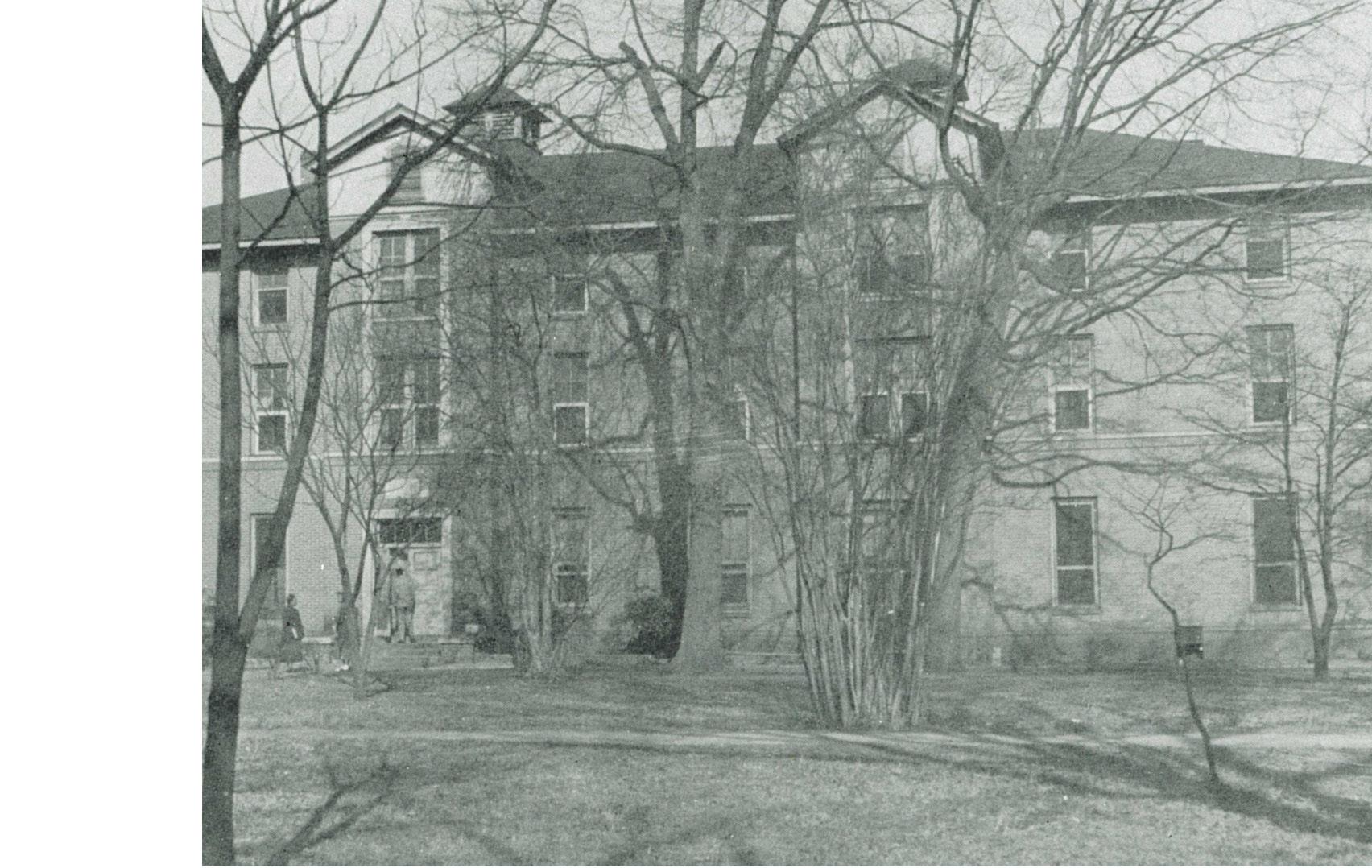
Under the dynamic leadership of Dr. Roslyn Clark Artis, the College has built a reputation as an excellent institution and leading HBCU, evidenced by both regional and national recognition for academic excellence. Through a uniquely Benedict College educational experience that takes place both inside and outside the classroom, our students and graduates are broadly educated yet have expertise in specific fields of study.
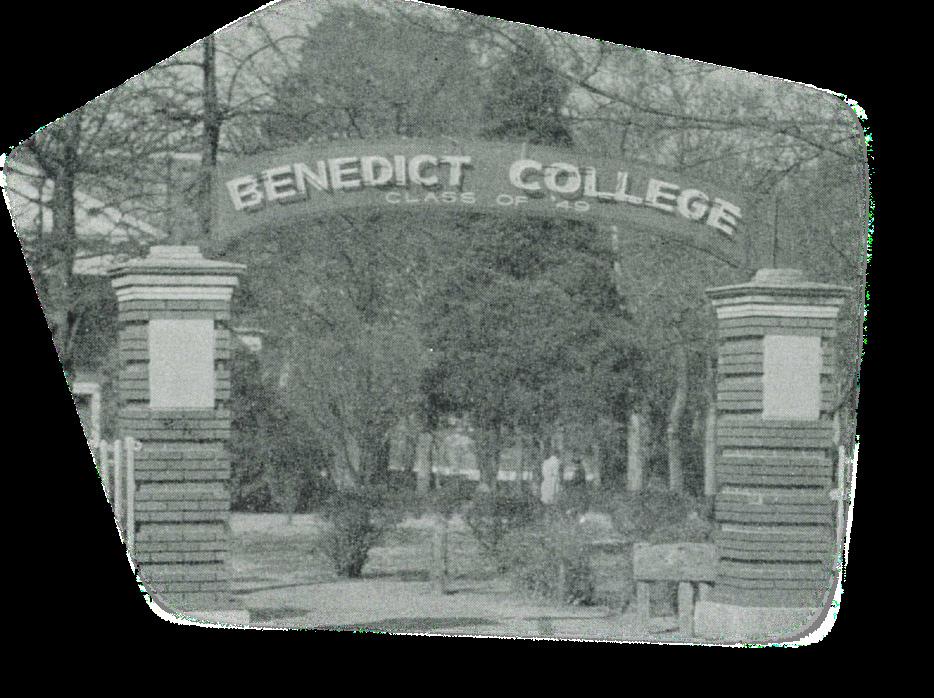
“You have to decide who you are and force the world to deal with you and not this idea of you.”
- James Baldwin, 1961
For the past five years, Benedict College has prioritized increasing educational access by providing an affordable and innovative/transformative education to students and has been ranked by Washington Monthly as one of the top baccalaureate colleges in the nation for creating social mobility. Additionally, Benedict offers a variety of excellent academic programs that are tailored to student interests and lead to careers in rapidly growing fields such as cybersecurity, business administration, and computer science. Benedict is also known for its STEM and business programs, and in particular aims to increase gender equity through its Women’s Business Center. And for the first time in the 150-year history of Benedict College, it is listed #44 in the Top Performers on Social Mobility, #53 among the top half of ranked Historically Black Colleges and Universities, and #71 in the 2022 edition of Best Colleges in Regional Colleges South.
Faculty Highlights & Productivity
• Improved the Student Experience
• Improved our Enrollment Management enterprise
• Enhanced Campus Infrastructure/ Facilities
• Increased Fundraising
• Regained our Financial Footing
• Broadened our Marketing and Branding Initiatives
• Largest single year faculty hiring increase in over 10 years
• New Faculty Hires:
19 full-time faculty
24 part-time faculty
8 full-time academic staff
• Faculty Productivity
• $3M increase in research grants
• ABET Accreditation
• 100% of the faculty are certified to teach online
Top 5 Majors
State of the Art Equipment/Software
• Biology
• Business Administration
• Criminal Justice
• Psychology
• Sport Management
• Updated Smart Boards to View
Sonic Boards
• CANVAS
• Academic Facilities:
Gaming Lab
Computer Labs
Other Highlights
• Awarded a $421K from the Department of Energy grant to open a Cybersecurity Center for Resilient Cyber Physical-Social Systems
• Awarded $750K from Department of Education to help increase STEM program retention and graduation rates
• First College in the Nation to sign a Memorandum of Agreement for the Veteran Health Administration Health Care Talent Academy
• Received $1 Million Investment from ServiceNow to establish a Tech Scholars Program and NextGen Academy
Benedict College has made unprecedented investments in campus facilities and addressed generations of deferred maintenance. More than $25M has been invested in the campus infrastructure over the past 5 years without incurring any new debt.
Founded in 1870 by a woman, Bathsheba A. Benedict, Benedict College is a private co-educational liberal arts institution with 26 baccalaureate degree programs and 2 masters degree programs. Defying trends, Benedict College maintains a nearly equal male and female student population. This Midlands HBCU welcomes students from all 46 counties in South Carolina, 30 states across America, and 26 countries around the world.
In the past 5 years, the College strenghtened its academic admission standards and grading policies, focusing entirely on the achievement of academic learning outcomes.
Benedict College received its 10-year reaffirmation of accreditation from SACS-COC with no recommendations, marking the first time this has occurred in more than a generation at the College.
In May 2023, Benedict College marked a milestone with its one hundred and fifty-third graduation ceremony by graduating the largest spring class in the history of the institution.
The College stabilized its once critical financial condition reducing debt by nearly $56M
$46M eliminated by the federal debt forgiveness $10M was paid down through solid financial management
The College went from a -.7 Composite Financial Index to a perfect 3.0, resulting in the College getting off, and staying off, Heightened Cash Monitoring by the Department of Education.
The College committed fully to higher education affordability by reducing tuition 26% and eliminating textbook costs. Additionally, the College does not “mark up” its food service plan. Students pay exactly what the provider charges.
Benedict College navigated the COVID-19 pandemic in ways that garnered National attention.
Dr. Roslyn Clark Artis named “President of the Year” nationally by Higher EdDive for leadership during the precarious COVID-19 period The College achieved a increase in retention, navigating the COVID-19 pandemic, supporting students in uncommon ways.
The College earned ABET Accreditation for its Environmental Engineering program and achieved reaffirmation of our Studio Art and Social Work programs in Academic year 2022-23.

Benedict College never cancelled in-person Commencement for its students during the pandemic. Priorities were human safety, followed closely by student academic achievement. The College was a resource to the community as a testing site and PPE distribution point.
The College earned the ACE Award for Institutional Transformation and was the last HBCU to earn HBCU of the Year by HBCU Digest.
Benedict College doubled down on growing existing programs in Cybersecurity, Environmental Engineering, Environmental Science, Computer Science, Psychology, Business Administration, Social Work, Mass Communications, and many others.
Our band and athletic programs have achieved unprecedented levels of success, winning record numbers of championships, including the 1st SIAC football championship and the BCBOD’s appearance in the Macy’s Thanksgiving Parade.
Our faculty research productivity is unparalleled for an institution of our size including significant capabilities in biomedical, environmental, and technological research.
Nearly $5M in aged payables were paid off during Dr. Artis’ first 12 months in office as President and CEO. All vendor obligations and business relationships remain in good standing.
Nearly $15M has been invested in campus technology infrastructure and computer labs. Every employee received a new computer. Every classroom has Smart Board technology.
Enrollment
• New Freshmen: 573 = 38% increase
• Transfer: 45 = 9% increase
• Re-Admit: 61 = 43% increase
• Total: 679 = 46% increase
• 6.4M Distributed Directly to Students
• Retired Old Balances – all current students
Revenue

• Increase in Private Gifts/Grants
$2,732,890
• Increased Gifts/Grants
• Sustained Alumni Giving – 7 years
• Tuition Assistance – after other aid was applied
• Laptop Loaner Program
• Tiger Food Pantry
• 1454 Students in Residence
• Increased Student Satisfaction Student Satisfaction
• BC/BS of SC - $2.725M
• Dominion Energy - $3.5M
• Apple
• C2 Partnership
• Racial Reconciliation
• PepsiCo - $200K – Carolinas Classic
• Palmers - $850K
• Burroughs - $1M
• Service Now - $1M


Marketing and Communications
• Produced new monthly newsletter
- The BEST Tiger News
• New Magazine Ads for print media publications
• Fall 2020 – 71%
• Fall 2021 – 91%
• Enhanced Student Engagement and Programming
• Student Post Office - Lockers
• Student Computers – Laptop Loaner Program
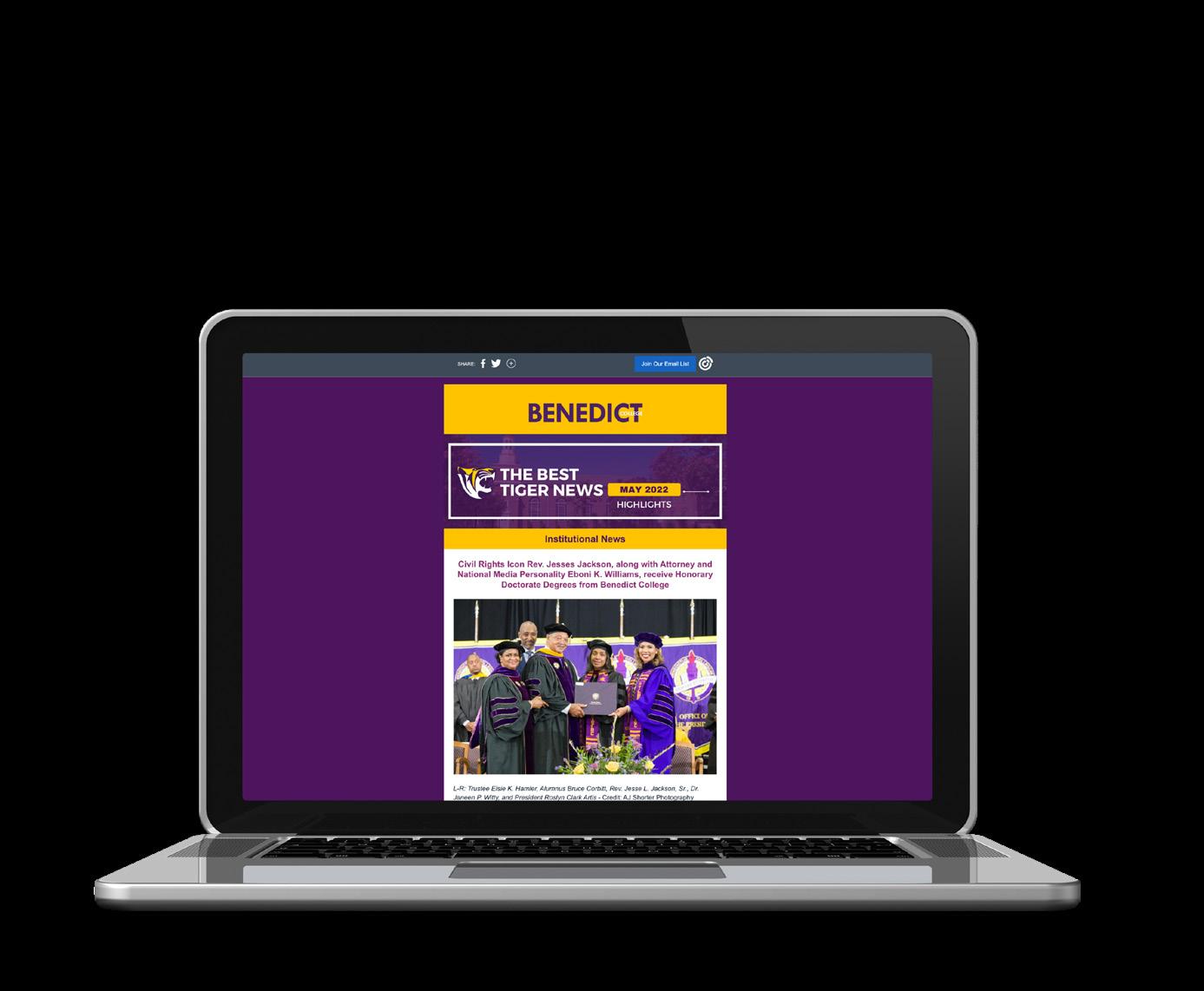
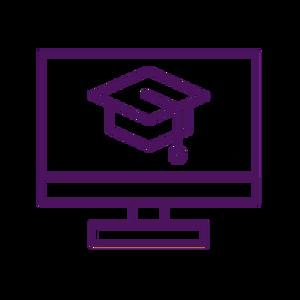
• Student Housing
• Student Dining
• Office of Religious Services
• Office of Counseling and Self Development Services
• Office of International Programs
• Campus Police
• Campus Health Services
• Student Vaccination #s: <1112 (58%)
The Committee on Institutional Effectiveness (CIE) – comprised of faculty, staff, students, alumni, and Trustees, whose work focuses on improving processes and implementing initiatives that validates how well we are fulfilling our mission and achieving our goals –organized for more than 22 months and led an accelerated strategic planning process. Through focus groups, interviews, and data sharing, Benedict College’s history revealed where we have been (processes, practices, and beliefs) and what we must do differently for our FUTURE.
As the needs of our diverse student population have evolved, so too has the need for a transformative, innovative, safe space where the humanity of each student is centered, to meet these needs. Recognizing learning and generational differences, the Committee on Institutional Effectiveness, took the lead and set our intentions.
CIE began with a series of Questions: Who are we and who do we serve? What are we trying to achieve and what are we communicating about the Benedict College experience? What would happen if we framed the way we delivered educational programming that centered our young Black, and minoritized people? If we looked outside and inside to see hope and our FUTURE? What if we intentionally advised based on best-practices AND real-life experiences that do not necessarily show up in scholarly journals? What if we framed the way we understand their talents, triumphs, and trials and took wellness and mental health seriously? What if we focused our energy in making all students feel included and welcome? What if we held them close when they falter? What if we believed our students are worthy of second chances? What if we target specific goals for the most vulnerable?

“What better way is there to police [the streets] of a minority community than to turn one generation against the other?”
- Audre Lorde, 1976
Benedict College will maximize our opportunities and strengths and address the challenges revealed in our internal and external scans. Our three strategic priorities are aligned with our mission and amplifies the College’s core goals:
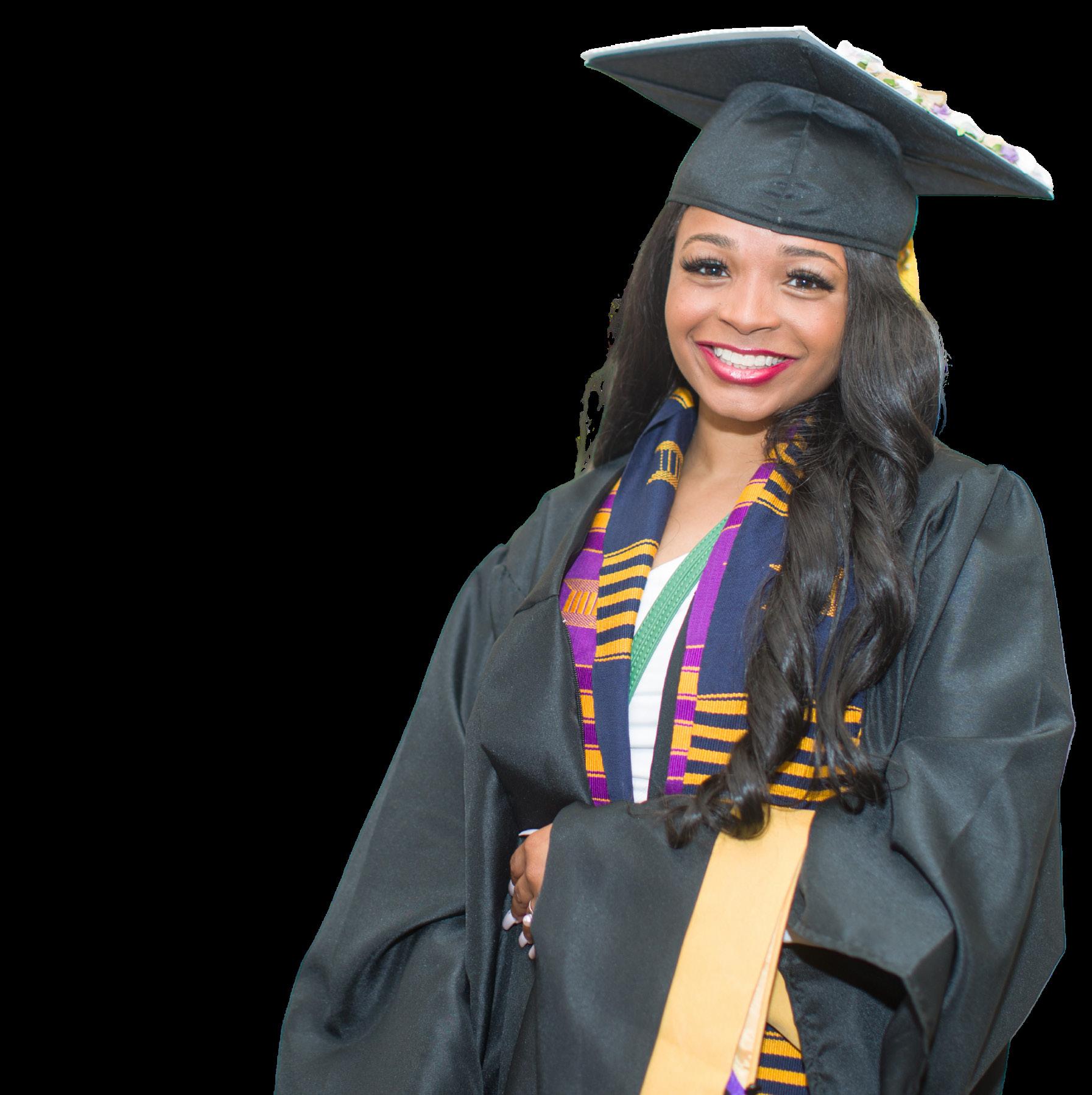
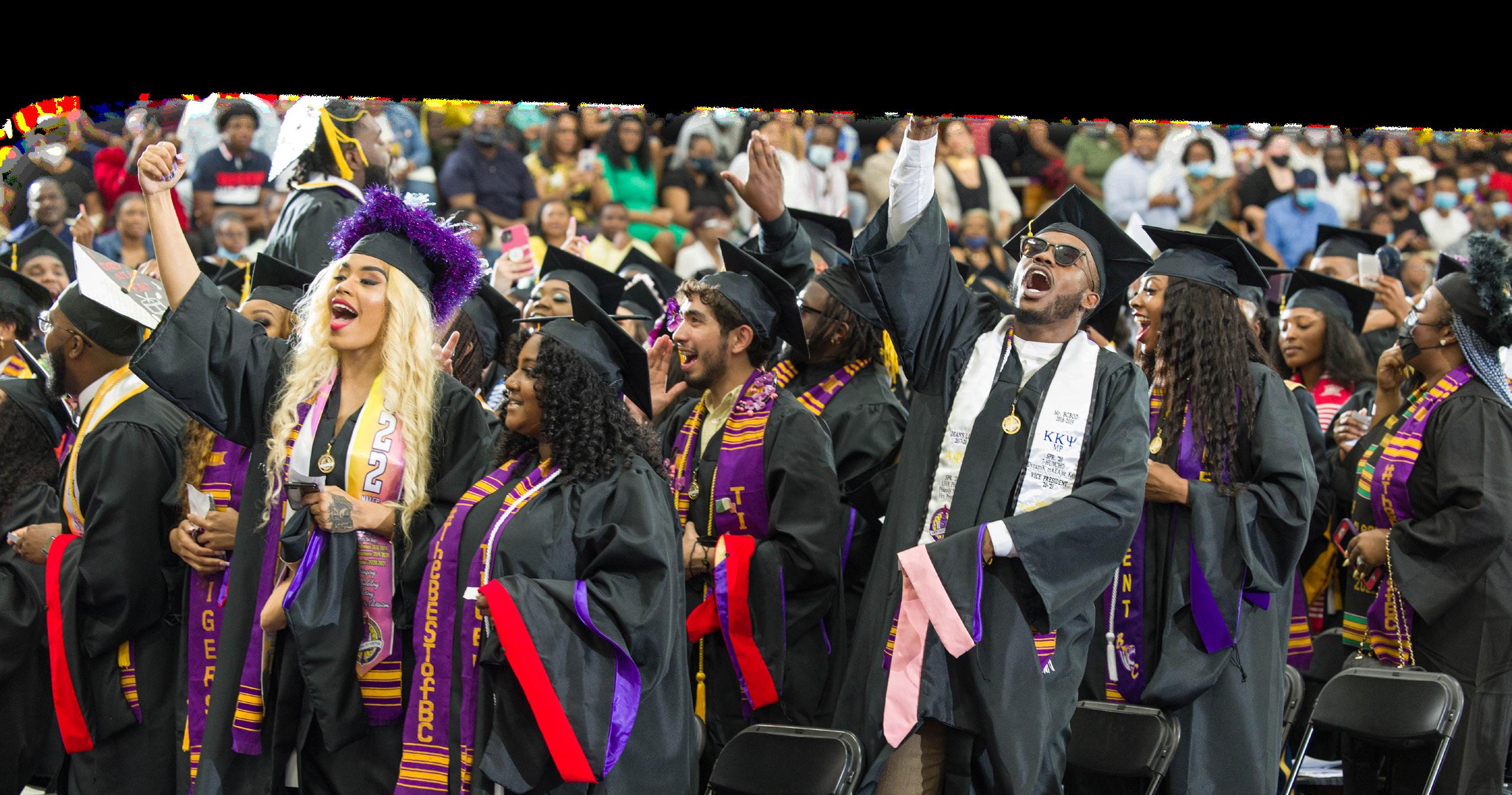
1. Success of Our Students – Students First: to provide an unsurpassed, studentcentered learning experience led by engaged, thoughtful, culturally competent faculty and staff and enhanced by a globally diverse student body. Benedict’s focus areas under the Students First strategic priority include enrollment, institutional value proposition, retention, and visibility. Additionally, Benedict will support its most vulnerable students through a comprehensive student support model that is specifically tailored to their unique needs.
2. Organizational Excellence #TheBESTofBC: to promote distinct best-in-class policies and practices that cultivate collegiality, collaboration, and connections across disciplines and differences. Benedict’s focus areas under the Organizational Excellence strategic priority include Priorities, Productivity, and Performance. These focus areas will amplify the Benedict Brand and set us apart as an affordable private institution recognized for financial sustainability, unparalleled management of human and physical resources, and operational efficiency and effectiveness.
3. Local, State, and National Engagement: culture of engagement and collaboration involving the exchange of knowledge and resources in a context of reciprocity with local communities and organizations throughout South Carolina, and the nation. Benedict’s focus areas under the Local, State, and National Engagement strategic priority include strategic partnerships, knowledge transfer, critical workforce development, and off-campus programs and awareness.
Goal: Cultivate strategic partnerships and initiatives that advance new
while implementing optimal financial practices that ensure the college’s
security to support the college mission and the full scope of Benedict programs and services
The central focus is on meeting the here-andnow educational needs of the students by “helping people help themselves.”
- Septima P. Clark,
Goal: Develop and maintain high quality academic, co-curricular, and extra-curricular programs designed to produce professionally competent, well-rounded and civicminded graduates prepared to compete in an increasingly complex marketplace
Obj. 1 - Develop academic programs and services in response to demonstrated student demand Recruit, hire and retain high quality faculty to ensure appropriate staffing levels in all disciplines
Student: teacher ratios per class and per discipline Adjunct and consortium usage rates
Grade distributions per instructor
SEOF Annual faculty evaluation results
Baseline data is pending Targets will be set based on baseline data
Academic Affairs
Confirm productivity and health of existing majors and identify opportunities for expansion or removal
Graduation rates per major Retention rates per major Grade distribution per major and per course Productivity analysis Academic program review
Baseline data is pending Targets will be set based on baseline data
Academic Affairs
Maintain student satisfaction with learning environment
Enhance academic support services
Student survey results Course/college withdrawal rates and rationales
Student satisfaction rates
Baseline data is pending Targets will be set based on baseline data
Student satisfaction rate average of 75% Student satisfaction rates average of 85%
Academic Affairs
Obj. 2 - Enhance teaching effectiveness to meet the needs of an increasingly diverse student body
Implement targeted faculty development processes
faculty certified to teach using multiple modalities
approved online course and program
reports of faculty development progress
Goal:
Obj. 1 - Improve campus processes for technology adoption, deployment, and maintenance
Establish a Technology Committee
Create a crossfunctional committee consisting of representatives from various departments (e.g., IT, academic, administrative) to collaborate on technology decisions, policies, and implementation processes.
Continuous technology needs assessment
Regularly assess the effectiveness of technology adoption, deployment, and maintenance processes.
Committee will Identify three areas for process adoption, deployment, or improvement annually.
Resolve at least 1 area of approved needs annually.
Begin to implement at least one process adoption, deployment, or improvement annually.
Results from previously launched surveys, focus groups, or direct feedback channels to gather insight on specific pain points.
Resolve at least 1 area of approved needs annually.
Information Technology
User feedback or performance metrics
N/A
Collect user feedback, track performance metrics, and identify areas for improvement.
Use this information to refine processes, update policies, and prioritize future technology initiatives.
Information Technology
Implement and maintain a high-speed, secure, redundant network infrastructure. Redundancy will occur at the networks’ edge, core, and aggregation layers.
Uninterruptible Power Supply (UPS/ Generators) Install a generator in the Campus data center and Uninterruptible Power Supply (UPS) systems in all network closets to provide backup power during electrical outages.
Regular Maintenance and Updates: Perform regular maintenance and updates for network equipment and software. This includes applying firmware updates, security patches, and bug fixes to address vulnerabilities and improve network performance.
Network will be available 95% of the time.
Network monitoring and availability
Target: 97%
Information Technology
Availability of backup device to supply backup power
Prevent
Software updates will be updated twice a year.
Critical updates will be applied immediately at the earliest maintenance interval.
Network Software version and patches.
Network Software updates will be updated quarterly.
Information Technology
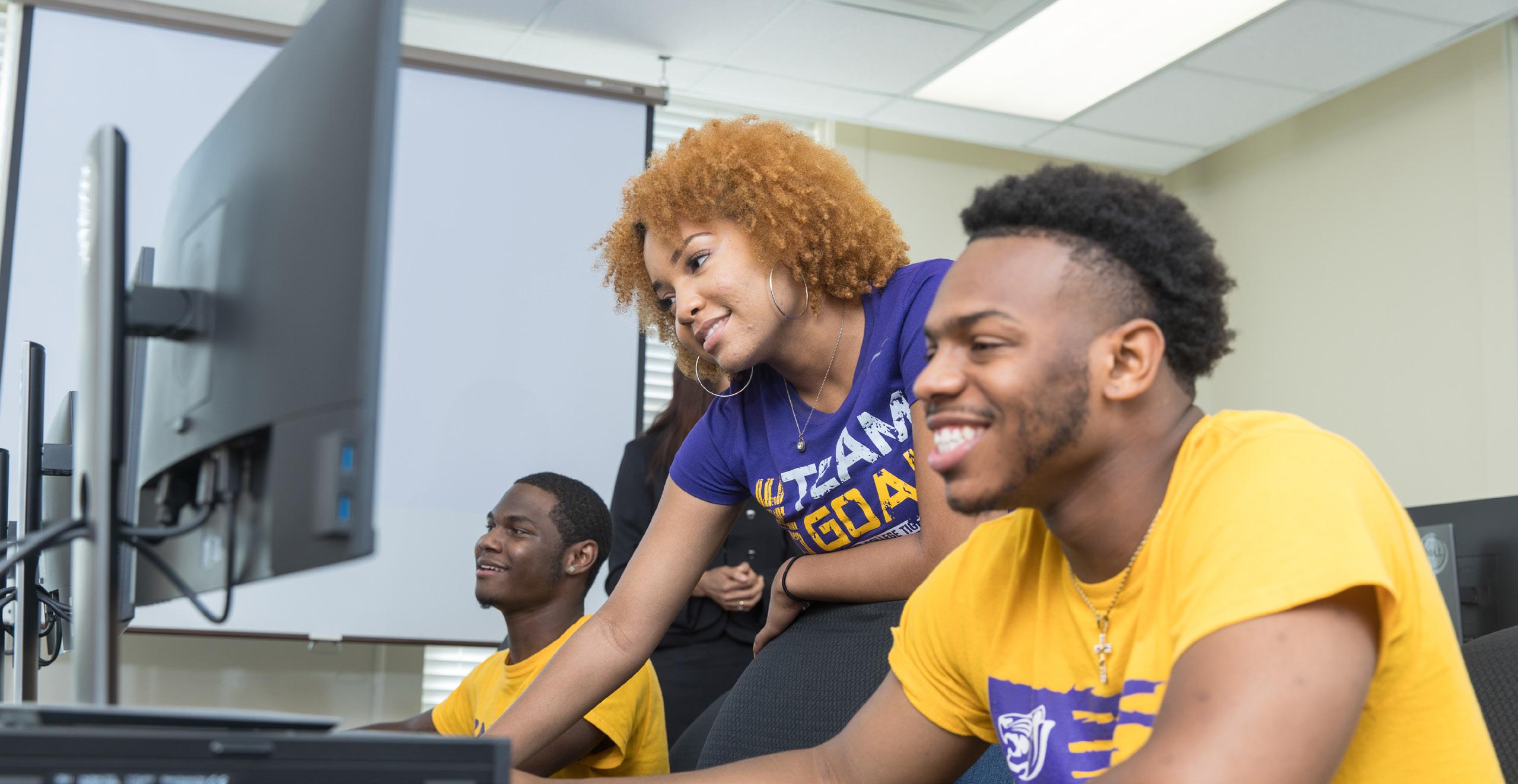
Obj. 3 - Increase technological training opportunities and support for students, faculty and staff
Provide Basic Technology Orientation
Offer orientation sessions at the beginning of each academic year or semester to familiarize students, faculty, and staff with the institution’s technology resources, policies, and support services (topics include Jenzabar, Tiger Portal, Office365, Security Awareness, and other online applications.
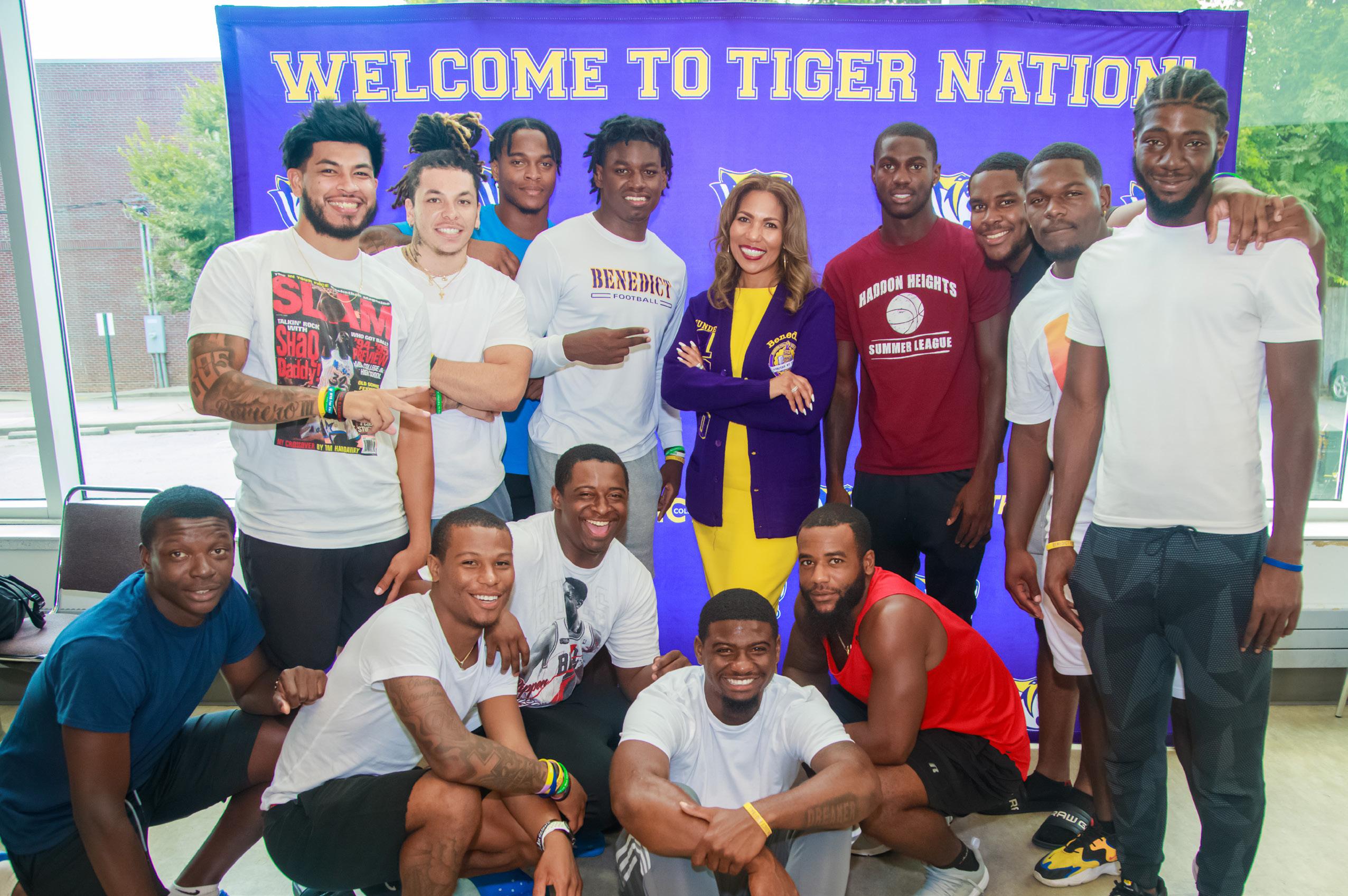
Provide hands-on training for students through on-campus IT apprenticeships.
One training session at the beginning of the academic year. N/A
Increase number of meaningful trainings per year for College community.
Information Technology
Goal: Recruit, enroll, and retain a demographically, geographically and experientially diverse student body and provide rich opportunities for their holistic development
Unit Objective Key Performance Indicators Performance Baselines Targets Responsible
Achieve student enrollment of 2000 by 2028
Increase student enrollment by 50 –100 students each fall semester
Fall 2023 enrollment (TBD) Increase focus on South Carolina recruitment for new students, transfer students and graduate students. Ensure that all new and returning students complete their FAFSA in a timely manner.
Expand digital engagement strategies.
Student Affairs
Increase International students enrollment by 15% to create a more globally diverse learning environment
Increased international student engagement Intentional mutually beneficial collaboration with international partners
Create International Advisory Council
Student passport acquisition
Reestablish and cultivate relationships with international partners
Develop and sustain an environment that enables opportunity for inter-cultural dialogue
Student Affairs
Increase non-traditional students enrollment by 15% to create a more diverse learning environment
Support launch of the BEST Lives Center
Engaged, culturally relevant, and diverse faculty, staff, and students
N/A
Military families, formerly foster care students, formerly incarcerated, previously enrolled and stop out students
Student Affairs
Obj. 3 - Promote the Benedict College brand through high-quality, competitive athletic programs that demonstrate a respect for athletes as students first
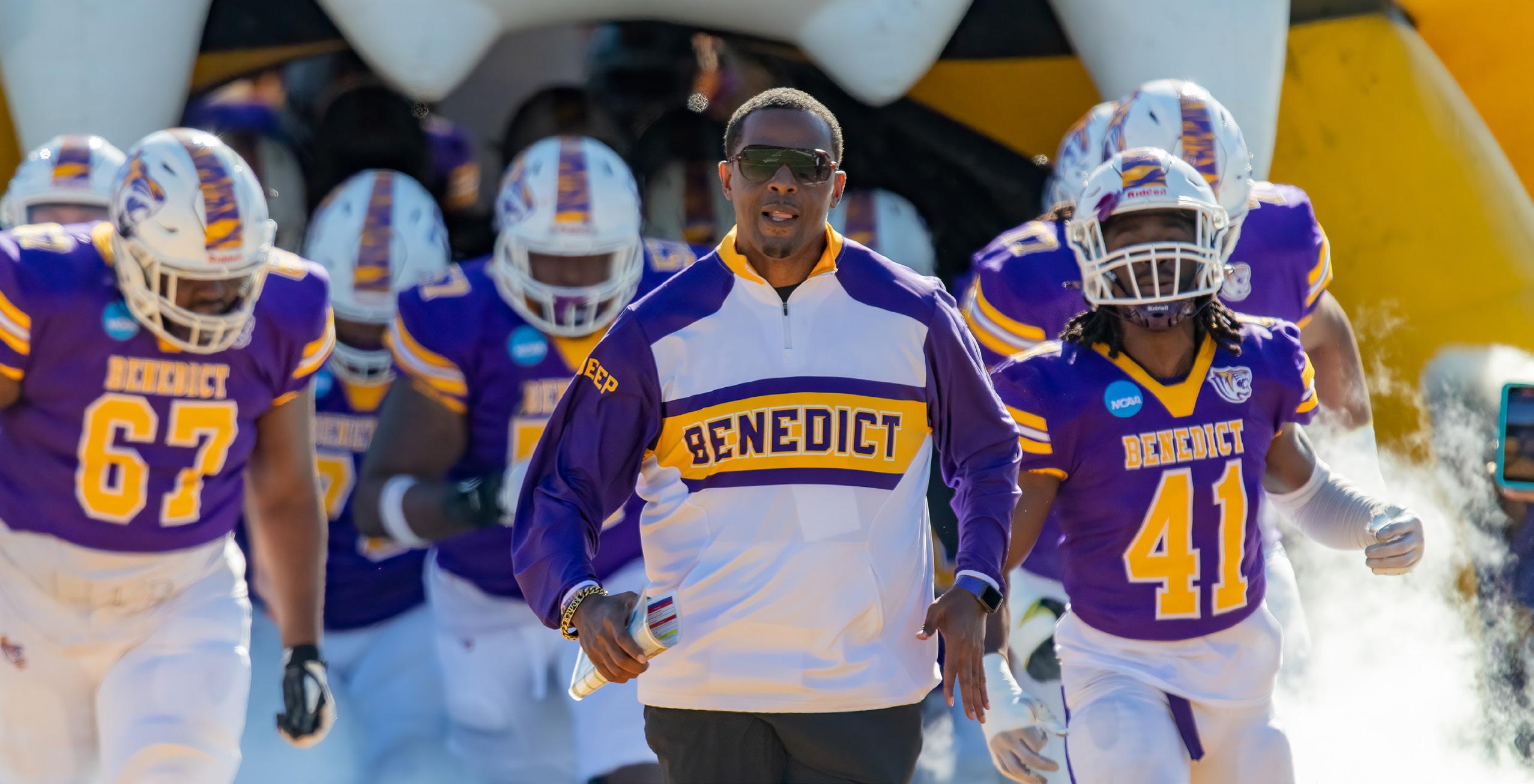
Recruit and develop quality, engaged personnel who are knowledgeable in Student Development best practices.
Create a Student Athlete First-year Experience Course.
Amplify Sports lessons to help players develop skills for the field, classroom, and life.
Create programming that assists studentathletes to integrate their identities as students and athletes. Intentional scaffolding from faculty, staff, and coaches.
Reimagine faculty and staff roles, from classroom teacher or athletic coach to multidimensional educator.
Encourage studentathletes to make connections across their multiple identities.
Reimagine work study assignments
Goal: Develop and maintain a working, living, and learning environment that is supportive of students, faculty, and staff and welcoming to the outside community by expanding, protecting and caring for the university’s physical and human resources
Obj. 1 - Increase completion of deferred maintenance projects
HVAC Maintenance Installation of DOAS units in MTHR, OAK and HSKL
Replace CHPL HVAC unit
Replace BDC (15) HVAC units
Installation of HRC fan coil units
Electrical Maintenance Transition from incandescent to LED
Lighting at Library, Gym, Student Campus Center, BDC and Park
Reactive response to HVAC requests; Proactive quarterly filter change-outs campuswide
Air quality sample
HVAC work vehicles
Installation of BAS in all bldgs for remote response in real time
Upgrade fan coil units, campus-wide
Install lockout thermostats campus-wide
Facilities
Plumbing Maintenance
Transitioned to touchless plumbing campus-wide
Reactive response to electrical requests: reset breakers, change lights, upgrade deficient wiring, etc
Energy usage
Safety complaints
Change plumbing pipes campus-wide behind walls.
Upgrade drinking water fountains
Replace touchless appliances – high battery usage, not user friendly
Facilities
Reactive response to plumbing requests: clogged drains and sewers, replace batteries in touchless appliances
Plumbing calls/down time
Change plumbing pipes campus-wide behind walls.
Upgrade drinking water fountains
Replace touchless appliances – high battery usage, not user friendly
Facilities
Locksmith Maintenance Improved key coding/ ID system Improved response times to key making & locks requests
Transition to key card or fob – easier to manage, track & replace.
Decrease faculty access to master & high security metal keys.
Improve key retrieval at employee exit/ termination
Transition to improved fire safe doors.
More storage/ inventory capabilities for Locksmith.
Facilities
Painting Maintenance
Painting on a continuous cycle
Painting on a continuous cycle
Painter work vehicle. Create College uniformity standards: color, brand paint, type paint, etc..
Facilities
Life Safety Contaminants remediation
Water Intrusion response to OAK
Water intrusion response to CHPL
Inspections reports on elevators, panels, etc… current
Continuous contaminant inspections/remediation
Safety smoke/sprinkler head inspections
Fast response times to safety requests
Life Safety work vehicle
Replace OAK fire alarm panel
Install fire alarm panel at Music Industry Bldg.
Upgrade STDUM sprinkler pipes
Install both STDUM elevator sump pumps
LRC elevator upgrade
DKT elevator modification
Facilities
Obj. 1 - Increase completion of deferred maintenance projects
Custodial Services Cleaning on a continuous cycle
Groundskeeping Groundskeeping on a continuous cycle
Maintaining campus w/ limited staff Regularly maintained equipment
Identify janitor closet per bldg. to secure chemicals and tools from gen public.
Create chemical mixing station with water source in closets or nearby for ergonomic safety and efficiency
One custodian per 4 floors or 40,000 sf
More Staff
Grounds work vehicles
New equipment
Partner with Clemson University on soil improvement main campus
Facilities
Facilities
Obj. 2 - Implement effective procedures for identifying, prioritizing, and resolving emergent facilities issues
Administrative
Inventory
Two admins needed to cover office operations
Employ night manager to prevent day managers’ burnout
Implement retail barcoding system to scan receipt of product and scan out to location
1. Create rolling bays and security system at McKim Plant to keep inventory
Facilities
Facilities
Obj. 2 - Implement effective procedures for identifying, prioritizing, and resolving emergent facilities issues
Work Order System
1. Paper intensive – have operations staff able to create and close out work orders on smart phones/ tablets to increase work flow & efficiency
Facilities
Obj. 3 - Ensure appropriate staffing levels and competencies to ensure efficient and productive service provision
Evaluate all current departmental staffing levels to ensure current/ future needs are met
Identification of a “high performance group” based on skill sets and future opportunities within the college and externally
Develop a “skills gap” analysis per employee/per position
Begin developing a succession plan for these key individuals
Create a “rotational” plan for all key players to ensure an understanding of the key operational components of the college and how they are interconnected
#Number of findings
#360 for upper management
Complete evaluation of 1/2 of departments by end of first quarter 2023
Minimum of 6 employees identified and connected by 1Q of 2023
Human Resources
Human Resources
Evaluate and analyze current recruitment methods to ensure that HR is hiring the right people for the right positions
Evaluate existing programs for effectiveness, participation, and the capacity to strengthen workplace culture
Results of existing Health and Wellness Committee
Create opportunities to induce Physical Plant employees perform at a higher level
Continue to work on “transitioning” the culture of the college
Human Resources
Obj. 4- Develop programs and systems designed to promote holistic wellness of college employees
Expand external / internal partnerships designed to assist employees with a more expansive service
Formulation of key partnership with new Campus Counseling Center
Creation of an Employee Affinity Group to assist in developing a resource manual, creation of an Employee Recognition Program
Coordination with Benefit Carriers to encourage employees to take advantage of existing wellness programs
The BEST education emphasizes:
Business
#Number of employee participants
Newsletter from Counselling, Health Center, HR
Employee Recognition Events
Increase knowledge maximize resources
One of the most popular majors at Benedict College is Business Administration, offered by the Tyrone Adam Burroughs School of Business and Entrepreneurship. A business degree from Benedict enables graduates to become professional business managers and savvy leaders who can positively participate in communities and the global business environment.
Benedict College instills in its students an entrepreneurial spirit that will serve them well in future careers and endeavors. With course offerings like “Accounting for Entrepreneurs”, as well as the Business Week signature event which provides students with the opportunity to interact with entrepreneurs and pioneering thinkers, Benedict College encourages students to think creatively and innovatively.
A key tenet of a Benedict College education is a commitment to community service and engagement. The curriculum provides ample opportunities for students to engage with their communities through designated service-learning courses, enabling all students, with few exceptions, to complete 120 hours of service learning before graduation.
Benedict College prepares students for the 21st century by emphasizing computer and digital literacy. Moreover, students can enroll in popular technology-focused degree programs such as Computer Science, Computer Engineering, and Cybersecurity.
One of the most popular majors at Benedict College is Business Administration, offered by the Tyrone Adam Burroughs School of Business and Entrepreneurship. A business degree from Benedict enables graduates to become professional business managers and savvy leaders who can positively participate in communities and the global business environment.

One of the most popular majors at Benedict College is Business Administration, offered by the Tyrone Adam Burroughs School of Business and Entrepreneurship. A business degree from Benedict enables graduates to become professional business managers and savvy leaders who can positively participate in communities and the global business environment.

A key tenet of a Benedict College education is a commitment to community service and engagement. The curriculum provides ample opportunities for students to engage with their communities through designated service learning courses, enabling all students, with few exceptions, to complete 120 hours of service learning before graduation.
Benedict College prepares students for the 21st century by emphasizing computer and digital literacy. Moreover, students can enroll in popular technology-focused degree programs such as Computer Science, Computer Engineering, and Cybersecurity.
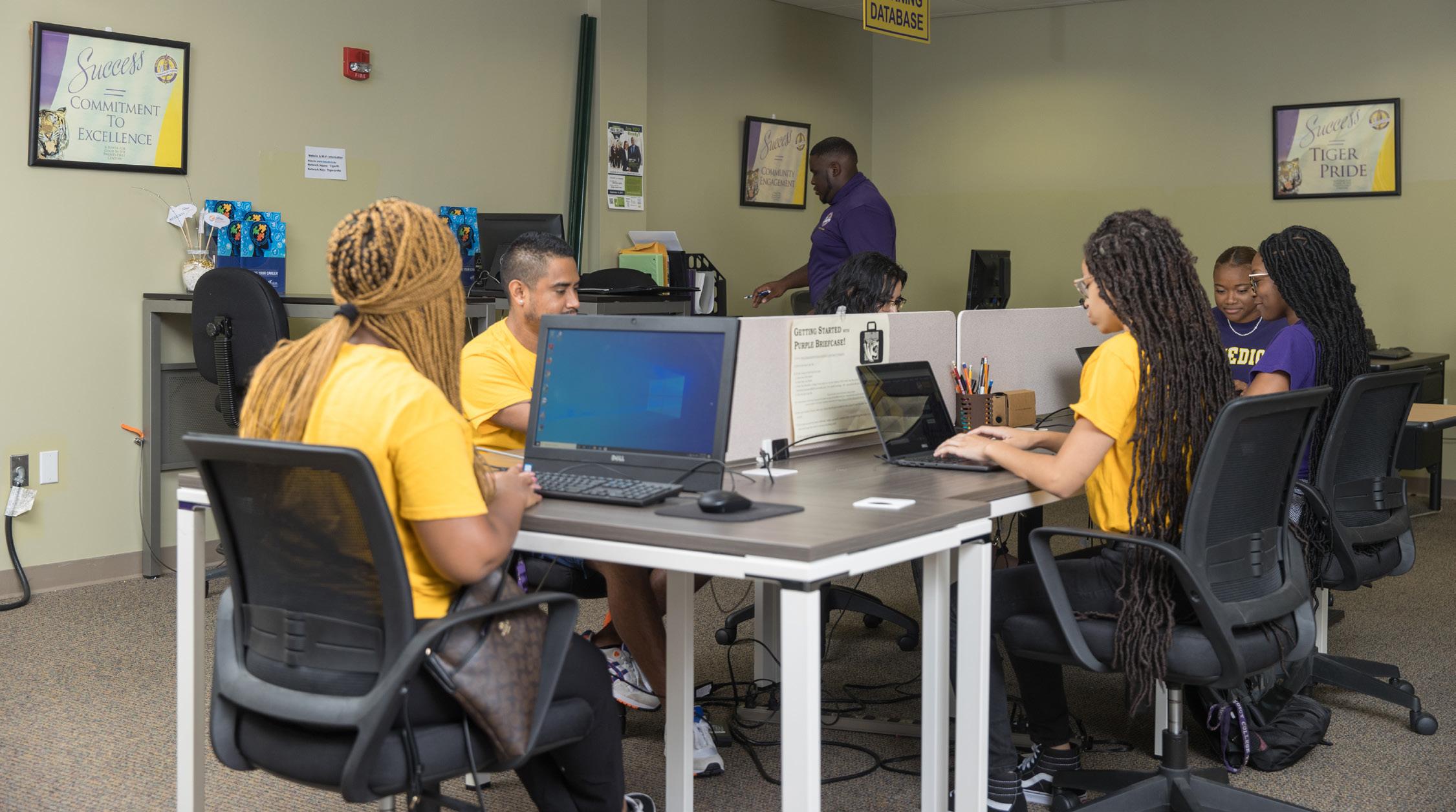
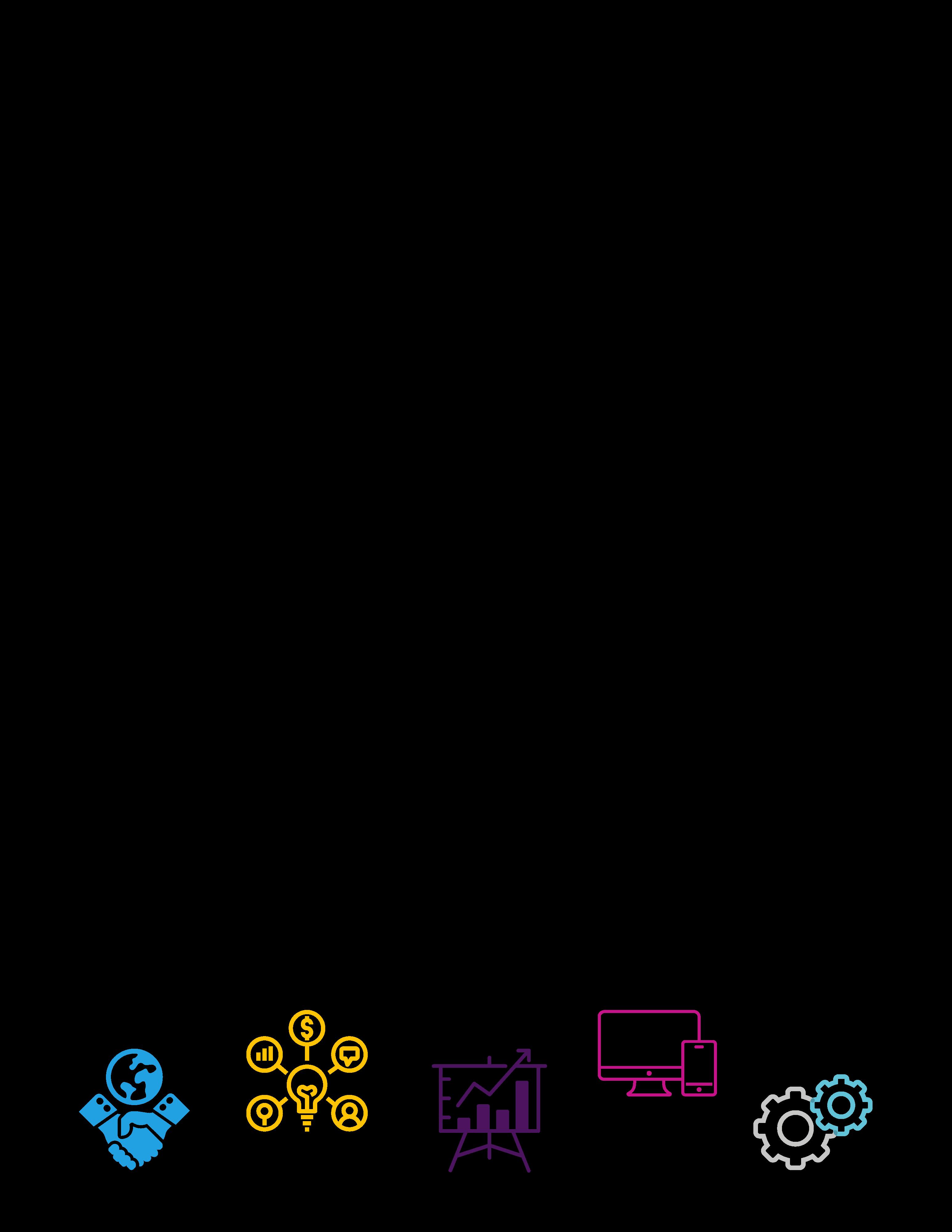





Benedict College sets students up for financial security and success by including financial literacy as part of the core curriculum.
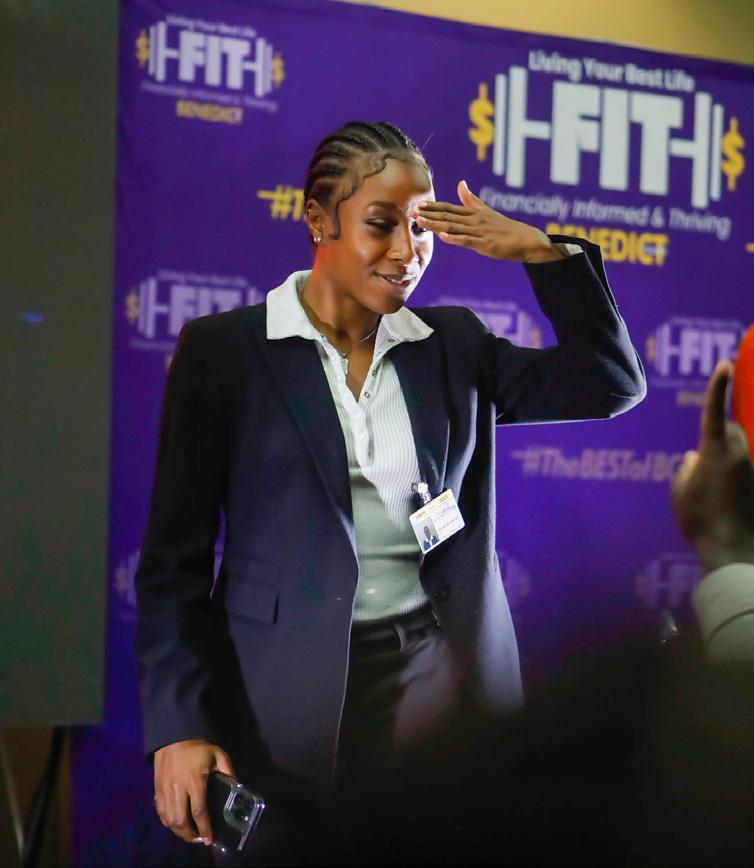

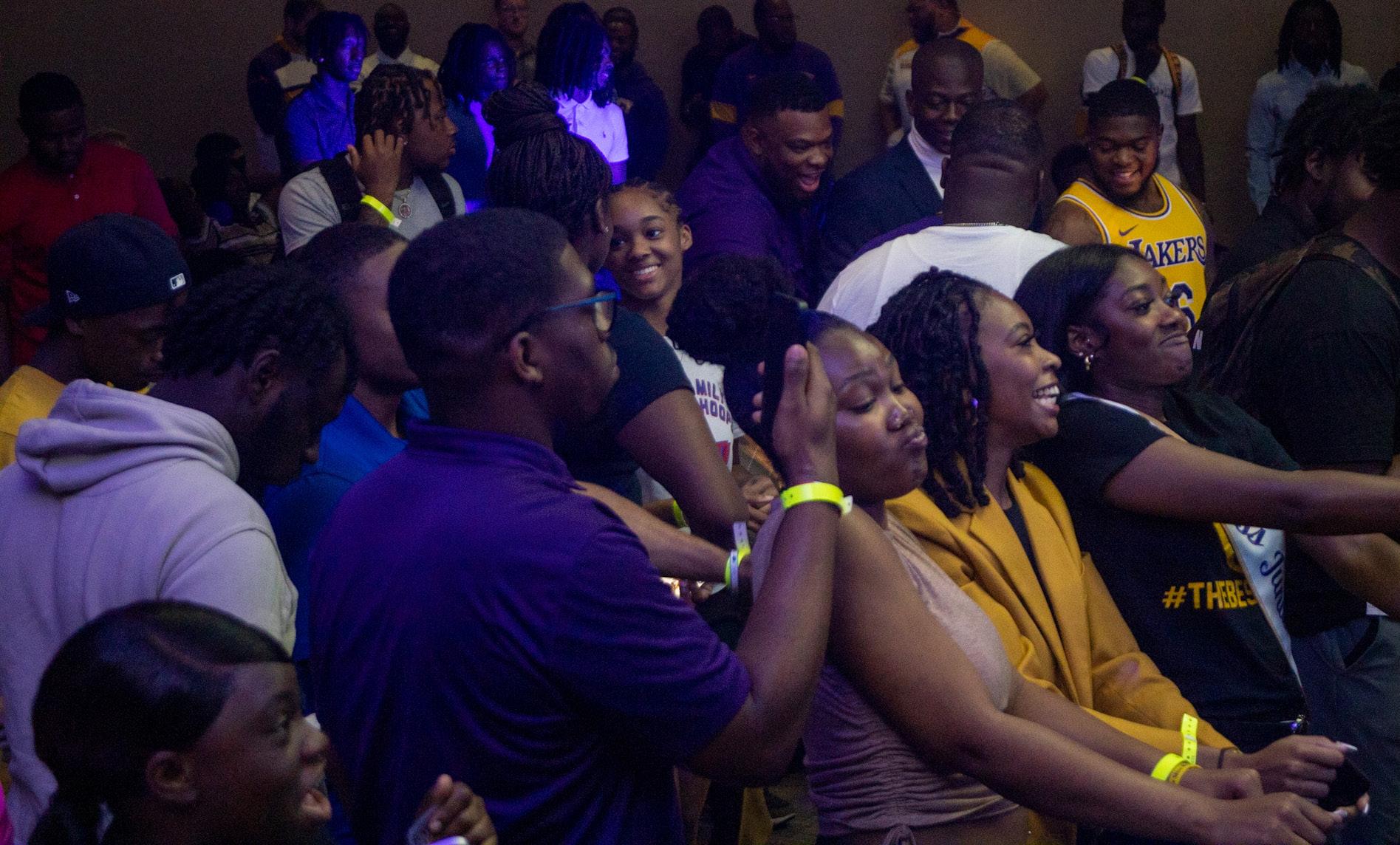


Initiated strategic planning process.
Board of Trustees endorsed The B.E.S.T. Plan for BC 2018-2023.

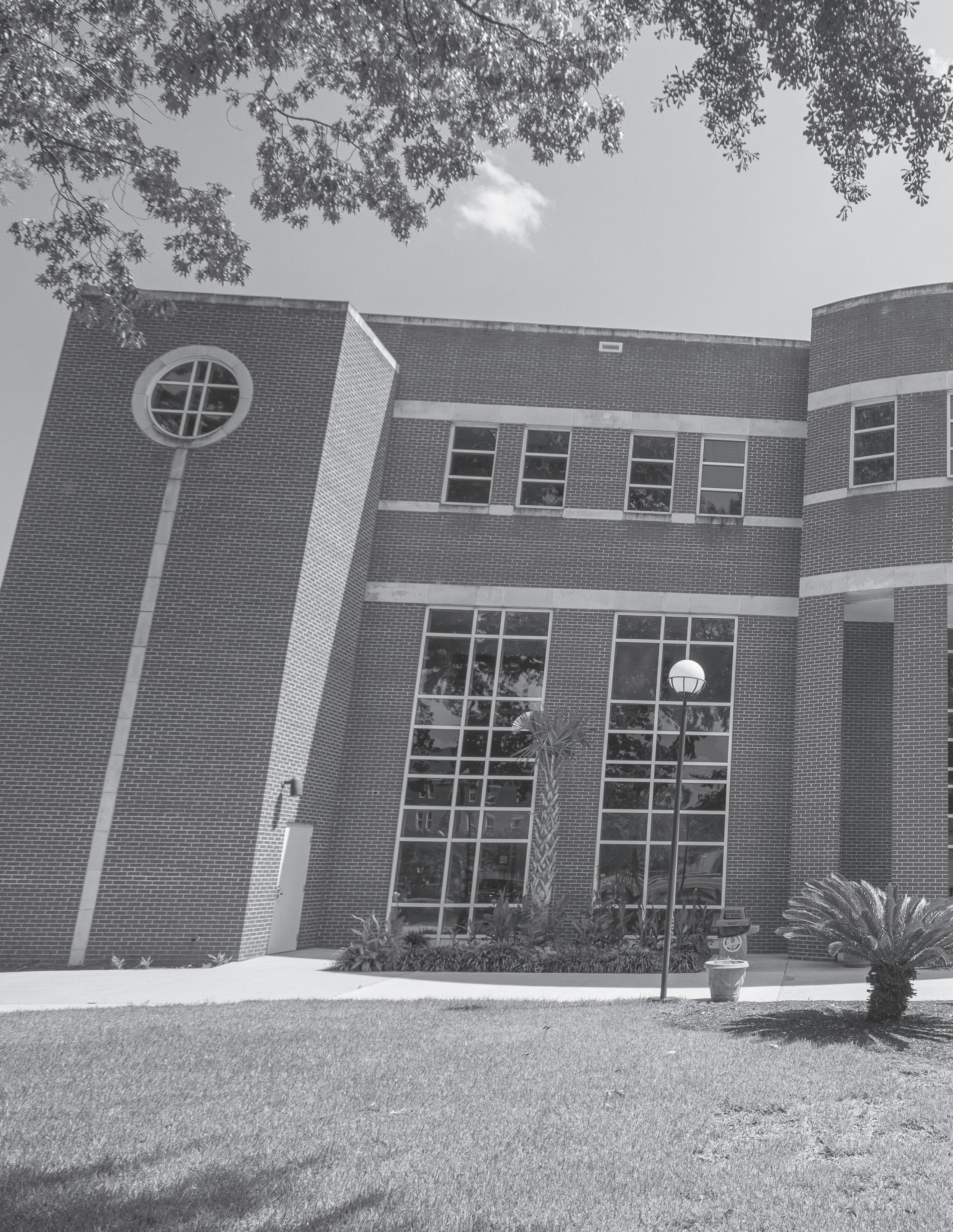
Committee on Institutional Effectiveness (CIE) established.

College successfully completed 95% of goals set forth in The BEST Plan. Reported on results (Board of Trustees Retreat and Campus Listening Sessions).
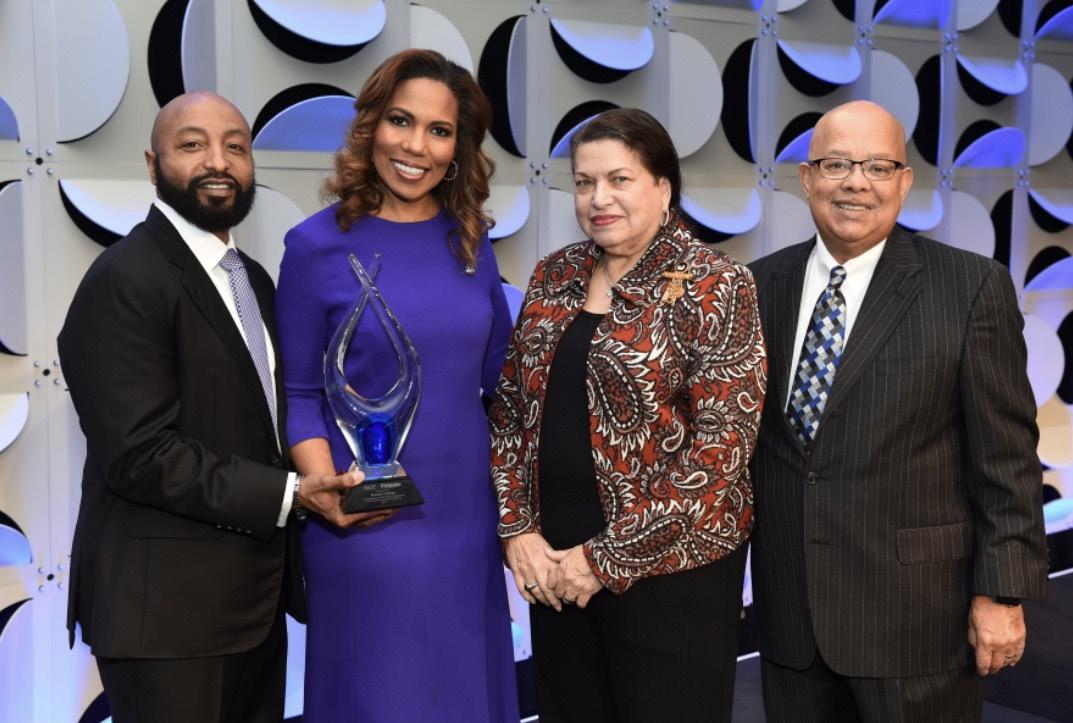
Reported on results of the 5-year plan, established baseline data, goals, and Guiding Principles for new plan.
Committee on Institutional Effectiveness initiated focus groups and interviews to gain greater understanding of external and internal opportunities and constraints. CIE developed synthesized data and recommended strategic priorities for the second Strategic Plan for the Artis administration. CIE expanded core working group – the Strategic Planning Executive Committee (Cabinet and key stakeholders).
FALL 2017 SPRING 2018 SPRING 2021 SUMMER 2021 FALL 2021 FALL 2021 & SPRING 2022 ACE Transformation Award 2019Strategic Planning Retreat/Workshop: Institutional Strengths, Weaknesses, Opportunities, and Threats (SWOT) exercise facilitated my external consultant. CIE reviewed SWOT analysis, then created and deployed survey to ensure broad participation, then codified a process for B2: Focus on the Future. Board of Trustees updated on the progress of planning process and gives preliminary approval of the vision, values, objectives, and priorities at the Annual Board meeting in May 2022.
At the 2022 retreat, the Board of Trustees will review, revise, and provide feedback on the plan. Draft of Plan is sent to Board for final input and tentative approval in July 2022.
A full draft is shared with the campus community.
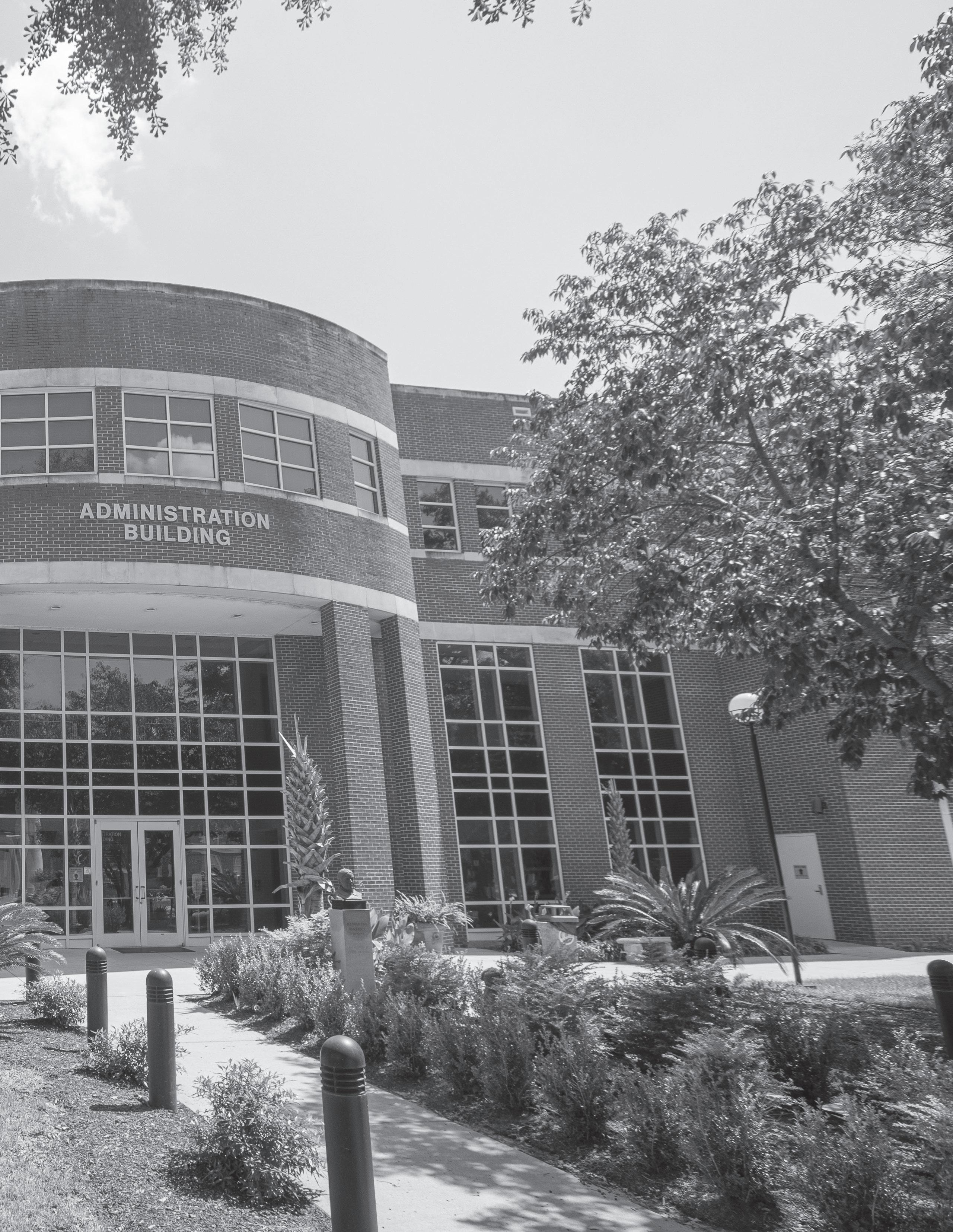
FALL 2022
Strategic Plan 2023-2028 is implementedB2: Focus on the Future
HBCU of the Year 2019-2020
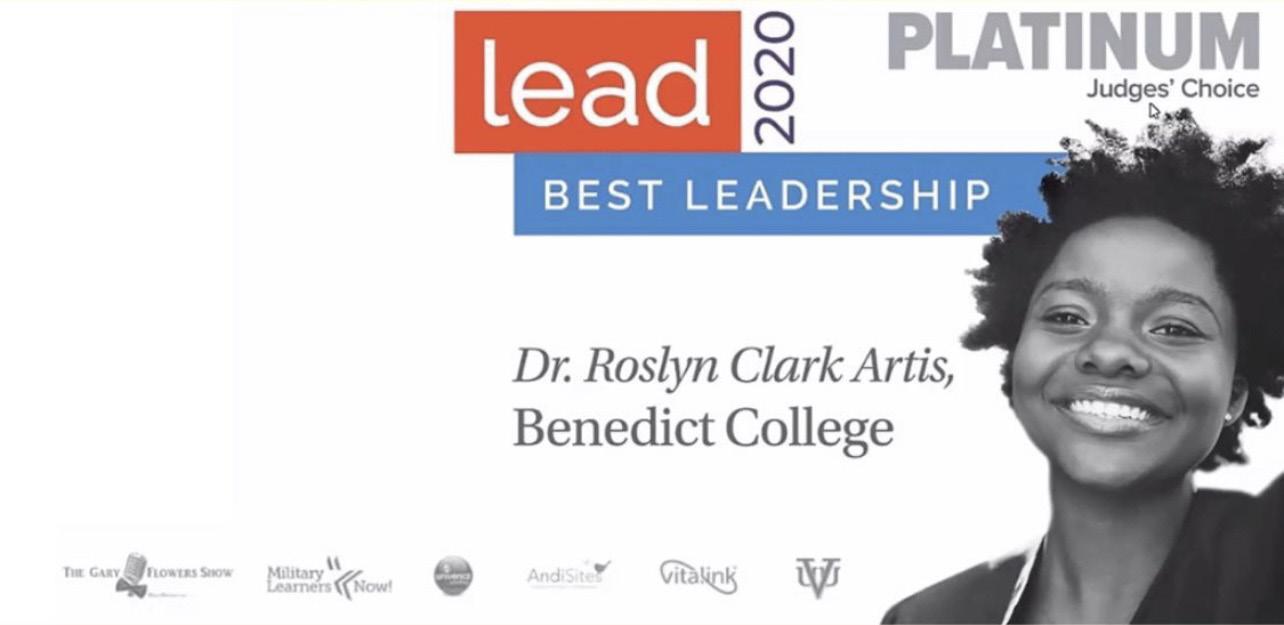
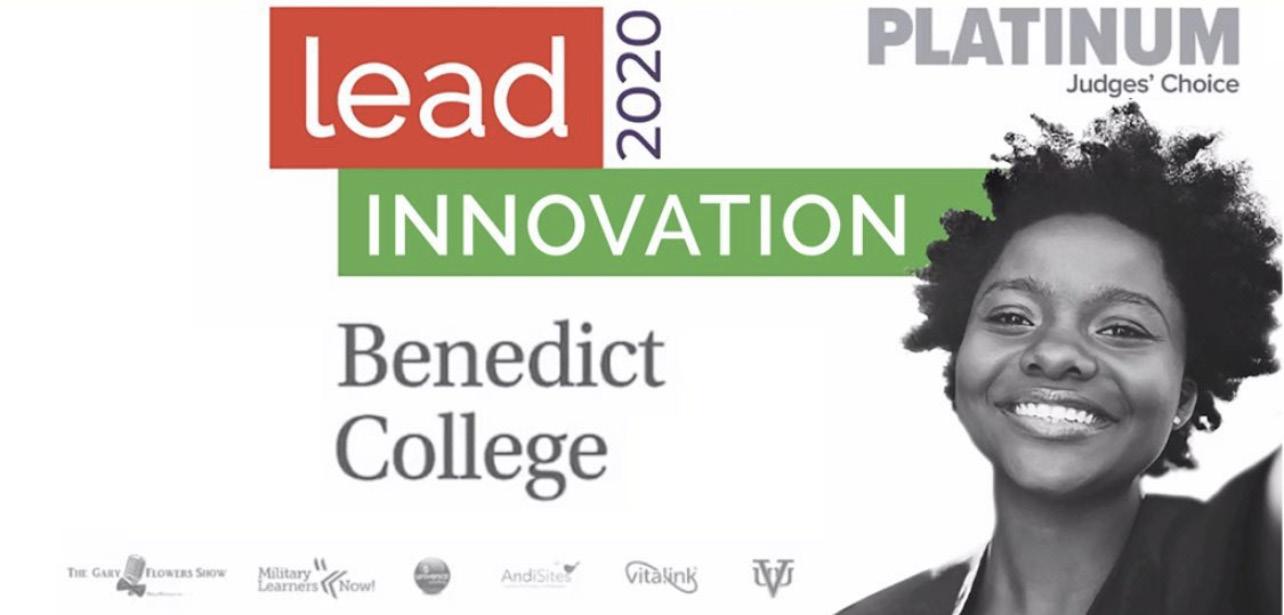
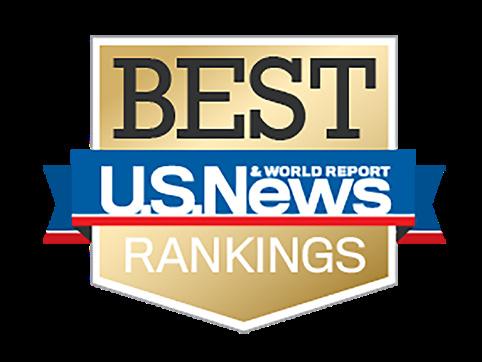
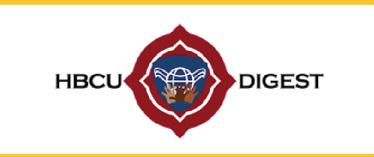
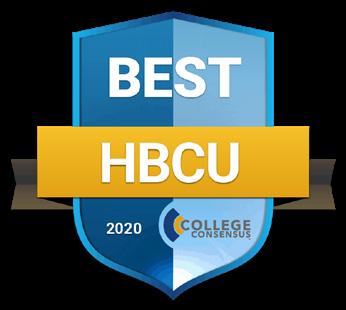 SPRING 2022
SPRING 2022
The Strategic Planning Executive Committee, born of the Committee on Institutional Effectiveness, is responsible for developing short- and long-term strategic initiatives and ways in which to aggressively implement them, ensuring that the strategic plan for the F.U.T.U.R.E. of Benedict College is developed and implemented throughout the College. Additionally, CIE is charged with ensuring periodic assessment reviews and administration of tools and methods for gathering information on student learning experiences are conducted throughout the year, and the plan is modified if necessary, based on results.
Dr. Roslyn Clark Artis, President
Dr. Verna Orr, Special Assistant for Planning and Institutional Effectiveness
Dr. Janeen Witty, Vice President for Academic Affairs
Mrs. Leandra Hayes-Burgess, Vice President for Institutional Advancement
Mr. Gary Knight, Vice President for Student Affairs
Mr. Christopher Thompson, Vice President for Business and Finance
Mr. Willie Washington, Athletic Director
Mrs. Martha Smith, Executive Director of Human Resources
Mr. Anthony Caldwell, Chief Information Officer
Mrs. Cedelle Gates, Benedict College Board of Trustees
Dr. George Devlin, Associate Vice President for Academic Affairs
Dr. Kimberly Haynes-Stephens, Associate
Mr. Joseph Lagunes Arauz
Dr. Negash Begashaw
Ms. Tracy Carn
Dr. Ashford Chea
Ms. Crystal Davis
Ms. Lorraine Dunbar
Dr. Jessica Furrer
Ms. Cedelle Gates
Dr. Vareva Harris
Mr. Jacob Koon
Ms. Vivica McBean
Dr. Chasisity Springs
Ms. Lateya Sumpter
Mr. Antonio Thompson
Dr. Desiree Bygrave
Ms. Rosalyn Tucker
Dr. Walletta Johnson
Mr. Kenyon Gray, Student Government Association President 2021-2022
Mrs. Karen McKenzie
Mrs. Gabrielle Montgomery
Mrs. Jenny Screen
Mission: Benedict College is committed to providing transformative learning experiences characterized by high quality academic, co-curricular and extra-curricular programming, intentionally designed to develop superior cultural and professional competencies for a diverse student body.
Strategic Priorities (ISP)
Institutional Outcomes
SP1: Success of Our Students: Students First
SLO 1: Intellectual Reasoning and Knowledge – Benedict students will acquire broad knowledge across academic disciplines and fields.
SLO 2: Social Awareness and Cultural Understanding –
Benedict students will apply a critical and reflective orientation toward social and cultural differences such as race, class, gender, sexuality, language, and disability.
General Education Outcomes Administrative Effectiveness Outcomes
GE1: Analysis and Communication
• Students will extract and construct meaning through interaction and involvement with written language.
• Students will clearly express ideas in appropriate academic language,demonstrating reasoning, an understanding of audience, context, and the mechanics of academic writing in an organized, clear, and coherent manner.
• Students will use research strategies to identify, locate, evaluate, and effectively and responsibly use and share information.
• Students will systematically analyze complex real-world topics or issues.
• Students will develop and deliver purposeful presentations designed toincrease knowledge, to foster understanding, or to promote change in the listeners’ attitudes, values, beliefs, or behaviors.
GE2: Quantitative Literacy
• Students will reason and solve quantitative problems from a wide array of everyday life situations
• Students will demonstrate the ability to interpret, analyze, and convey quantitative evidence in a variety of formats (using words, tables, graphs, mathematical equations, etc.).
GE3: Natural Sciences
• Students will collect scientific data, evaluate, and draw conclusions about given problems using the scientific method.
GE4: Health and Wellness
• Students will apply life-long skills to improve mental and physical wellbeing.
SLO 3: Effective Leadership and Community Engagement – Benedict students will build productive relationships to respond to civic and social challenges at local, state, and national levels.
GE6: Personal and Career Development
• Students will increase self-awareness and develop skills critical for collegiate success.
• Students will demonstrate knowledge of college history, values, and resources.
• Students will map career pathways and develop essential tools for professional promotion.
SP1: Success of Our Students: Students First
SLO 4: Global Consciousness and Awareness – Benedict students will exhibit or demonstrate how complex, interdependent global systems, natural, environmental, social, cultural, economic, and political dynamics affect and are affected by the local identities and ethical choices of individuals and institutions.
GE 5: Global and Intercultural Learning
• Students will apply global and intercultural perspectives in the analysis of historical and cultural events and theoretical frameworks.
SLO 5: Creative Inquiry and Discovery – Benedict students will apply knowledge to investigate, discover solutions, generate new ideas, and creative works.
SP2: Organizational Excellence SP3: Local, Sate, and National Engagement
Benedict College administrative and support services will promote:
AE1: Customer Service and CollaborationHigh quality customer service to all Benedict stakeholders through team-oriented approaches that emphasize effective campus partnerships
AE2: Professional CompetencyImplementation of systemic and systematic evaluation, assessment and improvement plans to inform professional development needs, shape policy and procedural development, and ensure the adoption of best-practices in service delivery
AE3: Innovation and SustainabilityRegular review of technologies and practices to promote sustainability, emphasize cost-savings, and increase efficiency
Benedict College administrative and support services will promote:
AE4: Civic EngagementCommunity and industry alliances that position Benedict as a strategic partner in the intellectual, cultural, and economic development of the surrounding community
